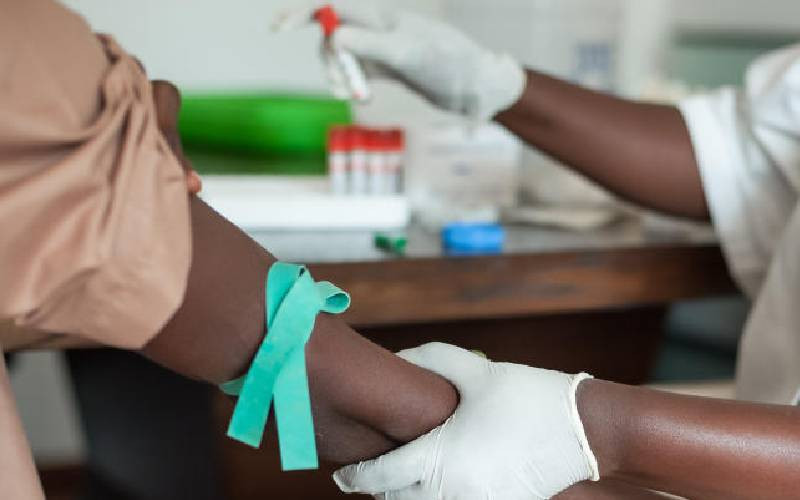The World Health Organisation (WHO) has raised concern over the rate at which people are opposing crucial vaccinations.
The organisation says those opposed to the vaccines are undermining efforts to curb killer diseases.
A report that did not specifically mention Kenya, brings to mind the recent move by the local Catholic Church to reject vaccines such as tetanus and polio, putting it in a collision course with the Government.
WHO blamed the opposition on factors such as misinformation, complacency, convenience and confidence.
"Vaccine hesitancy can be caused by factors such as negative beliefs based or myths. For instance, that vaccination of women leads to infertility," said the report.
Reacting to the report, the Kenya Medical Association (KMA) said the frequent public statements by some religious leaders including Catholic bishops doubting safety of some vaccines may negatively impact on the uptake of vaccinations in the country in future.
KMA National Chairman Elly Nyaim said public comments against safety of vaccines will make the work of vaccination even harder.
"The Church has influence over many Kenyans and its continued attack on the safety of vaccines does not bode well with efforts to enhance uptake of vaccines in the country. We call on the Church to be more responsible in its public comments," said Dr Nyaim.
According to the 2014 Kenya Demographic and Health Survey, only two of every three Kenyan children are considered "fully immunised" while many in marginalised areas remain unimmunised.
Vaccines given in Kenya are against a wide range of common childhood diseases, including tuberculosis, diphtheria, whooping cough, tetanus, polio, measles, hepatitis b and meningitis among others.
 The Standard Group Plc is a multi-media organization with investments in media platforms spanning newspaper print
operations, television, radio broadcasting, digital and online services. The Standard Group is recognized as a
leading multi-media house in Kenya with a key influence in matters of national and international interest.
The Standard Group Plc is a multi-media organization with investments in media platforms spanning newspaper print
operations, television, radio broadcasting, digital and online services. The Standard Group is recognized as a
leading multi-media house in Kenya with a key influence in matters of national and international interest.











